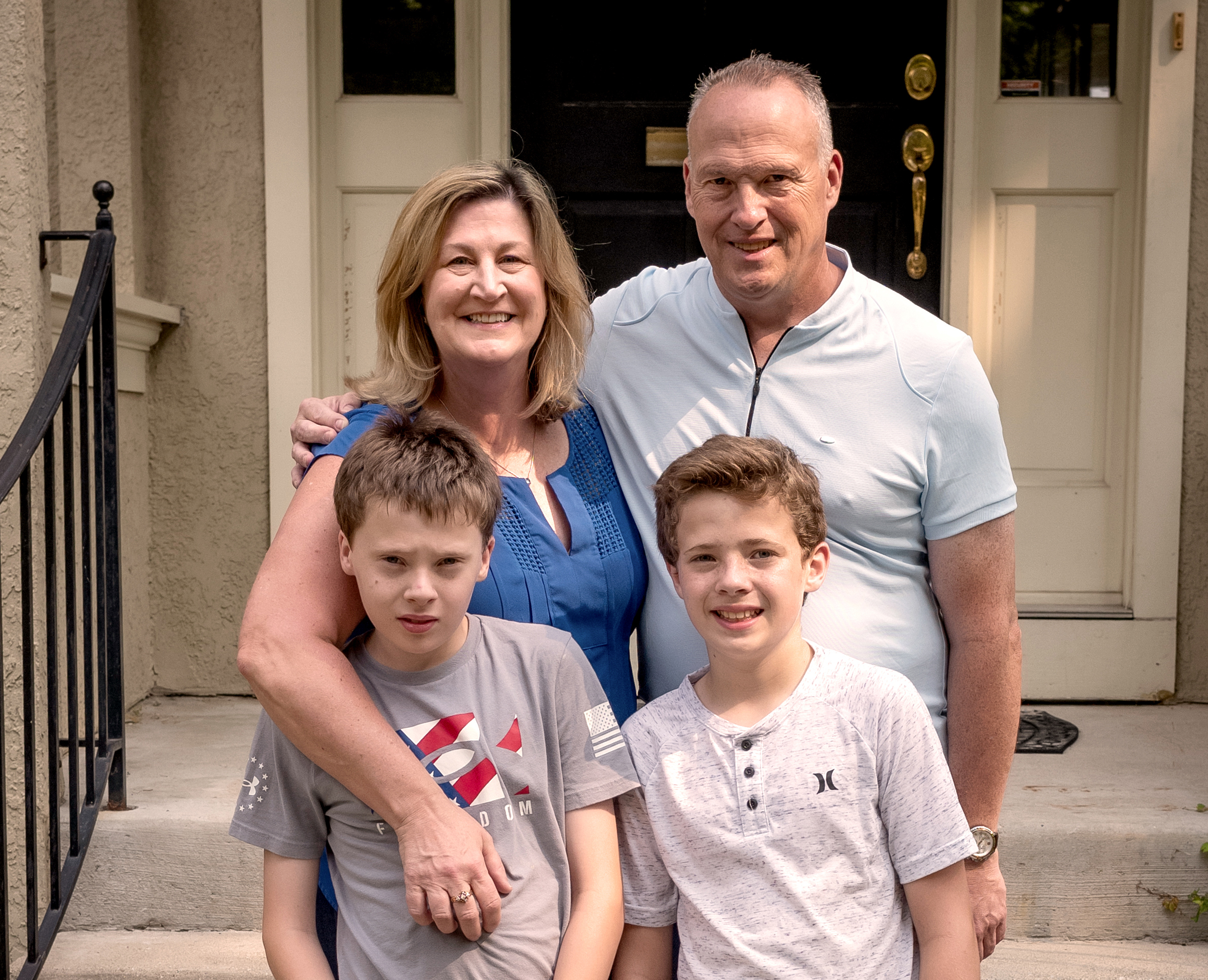The month of Elul precedes the High Holidays and is therefore customarily a time for introspection, for taking stock of the year that has passed (accounting of the soul/cheshbon hanefesh) and considering the year ahead. It is a time for seeking forgiveness by making amends (doing tshuvah).
A natural affinity exists between the traditional practices of the High Holiday period beginning with the month of Elul and the 12 Step process of recovery, demonstrating the principle that recovery can be for anyone. For example, Step 4 reads “Made a searching and fearless moral inventory of ourselves,” a parallel process to accounting of the soul/cheshbon hanefesh. Making amends/doing tshuvah are also core recovery practices: Step 5 states that “{we} admitted to God, to ourselves, and to another human being the exact nature of our wrongs.” Additionally, Step 10 states that “{we} continued to take personal inventory and when we were wrong promptly admitted it.” Addiction recovery can therefore be easily and seamlessly included in the Jewish community’s observances beginning in Elul.
Recovery Speakers and Stories
For those in recovery, the High Holiday period presents opportunities to gather for traditional meals with other Jews in recovery to honor the gifts your recovery has brought into your lives and to our community. The High Holiday period is also an ideal opportunity for synagogues and individuals outside the recovery community to invite a Jewish recovery speaker to tell their story. Speakers focus on the life affirming message of recovery, share the spiritual gifts they have received in recovery, and give particular attention to their Jewish recovery journey.
You might also make recovery stories of Jewish individuals available through social media, on your website, or have stories available to read for discussion; many have published their stories to help others understand their journeys. The Jewish Addiction Awareness Network (JAAN), a comprehensive resource website for information and connection, features many voices sharing Jewish perspectives on addiction and recovery.
12-Step Torah Discussion
A 12-Step Torah discussion combines the guidance of the spiritual program for living found in the 12 Step fellowships with the insight and Yiddishe neshama (Jewish soul) found in the Torah. 12 Step Torah discussions live in connections between the 12 Steps and Jewish holidays (Ozarowski, n.d.), the character development and spiritual growth practices of Mussar (Twerski, 2010), or specific insights into the weekly Torah portion/parsha (Harris, 2017). During Elul, consider holding a 12-Step Torah discussion by integrating one of the 12 Steps into a Mussar group, a parsha class, an informal meeting at a coffee shop or home, or a special class on Jewish connections with the 12 Steps. Finding Recovery and Yourself in Torah (Borovitz, 2016) and Renewal Each Day: Daily Twelve Step Recovery Meditations Based on the Bible (Olitzky & Z., 1992) are two books that connect the weekly Torah portion/parshat hashavua with the 12 Steps. Both books can serve as inspiration for connecting 12-Steps and Torah, include questions on the parsha, and can be the foundation of a traditional meal or afternoon discussion at home or in shul.
Open 12 Step meeting
12 Step addiction recovery meetings, like Alcoholics Anonymous (AA), Al-Anon and many others, are characterized as either “closed” or “open.” A “closed” meeting is for people who are active in that program or have interest in becoming so. “Open” meetings are for anyone who would like to learn about recovery. We encourage individuals to attend open meetings during Elul in order to learn more about addiction recovery; one might go along with a loved one who is active in a 12 Step fellowship. For synagogues that have 12 Step meetings in the building, consider talking with the meeting coordinator about involving the congregants in an open meeting during Elul to show your community’s support for and interest in recovery. If your congregation does not currently have recovery meetings on location, please contact addiction services at JCFS Chicago for more information on becoming a place for this essential service.

We're Here
to Help.
For assistance or more information, call us at 855.275.5237 or email us at Ask@JCFS.org.



 Back
Back